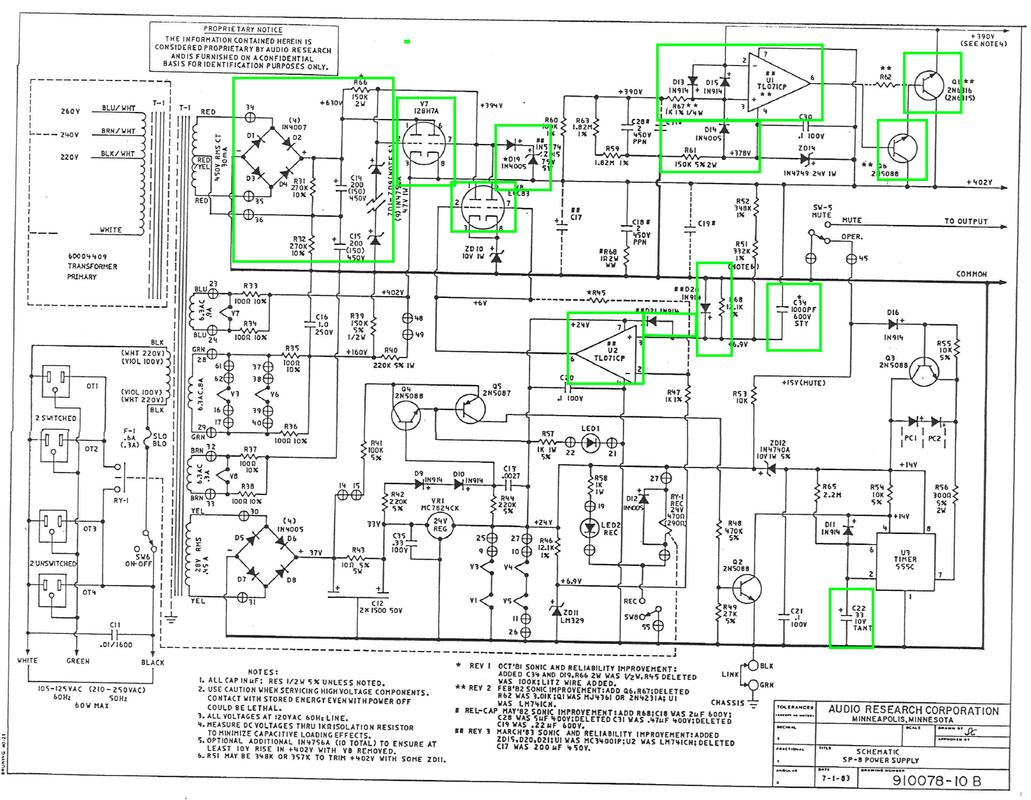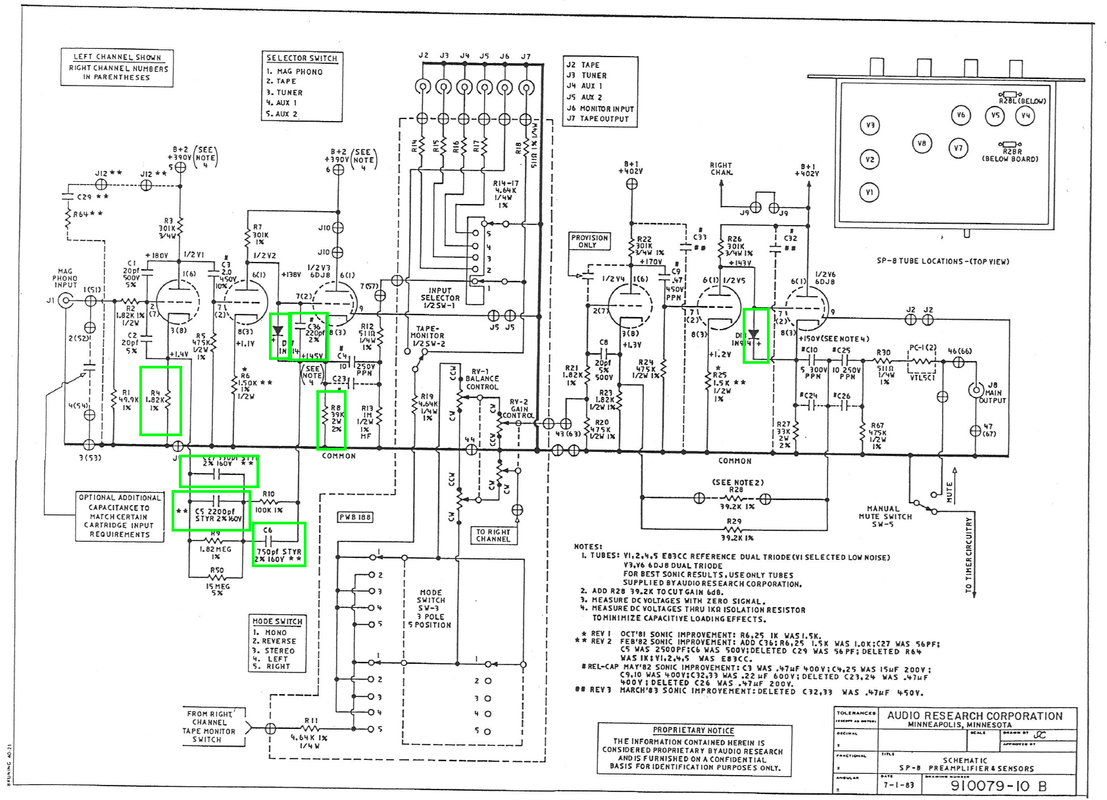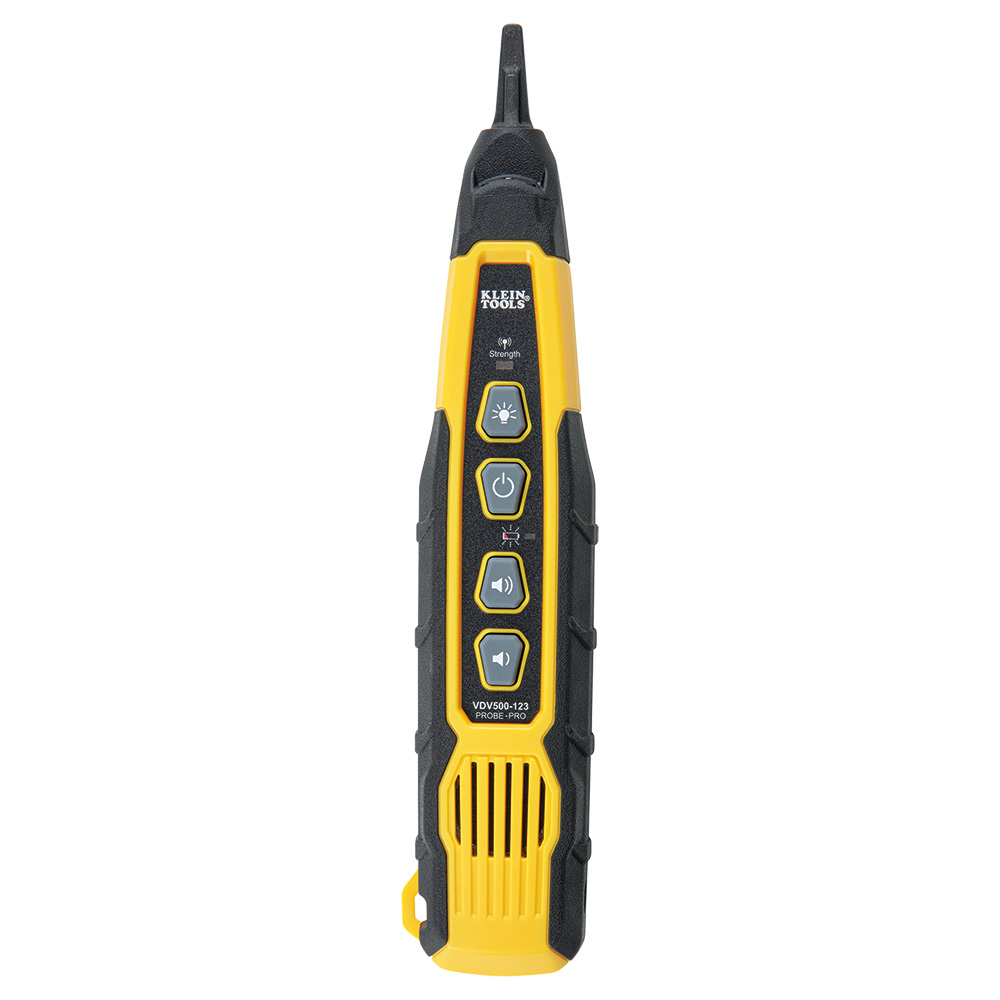It was all going to well...
Having a listen tonight and the crackles came back...I tried tapping, and pressuring the main PCB and the volume/selector PCB with a chopstick, but couldn't invoke the noise. Nor wiggling the selector/left/right switches...
I did discover that the mute switch is on its way out. Sometimes switching it to the mute position generates hum in both channels. If I wiggle the switch the hum stops. My guess is a poor connection to gnd when switched to mute. From looking at the schematic the mute switch isn't in the signal path when in the Operate position. Tapping the switch when in the Operate position doesn't generate crackling.
I'll bypass the switch tomorrow...
Other than that, I need to check the PCB with the switches mounted on it.
Voltages are okay though..lol
Having a listen tonight and the crackles came back...I tried tapping, and pressuring the main PCB and the volume/selector PCB with a chopstick, but couldn't invoke the noise. Nor wiggling the selector/left/right switches...
I did discover that the mute switch is on its way out. Sometimes switching it to the mute position generates hum in both channels. If I wiggle the switch the hum stops. My guess is a poor connection to gnd when switched to mute. From looking at the schematic the mute switch isn't in the signal path when in the Operate position. Tapping the switch when in the Operate position doesn't generate crackling.
I'll bypass the switch tomorrow...
Other than that, I need to check the PCB with the switches mounted on it.
Voltages are okay though..lol






